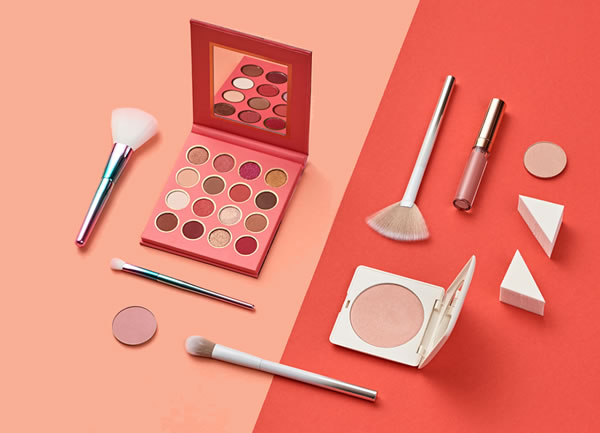You may have read reports about a new study from the US which is claiming that if children are exposed to certain phthalates while still in the womb, it could increase their risk of developing asthma.
Since some phthalates may be found in personal care products, understandably you might find these reports worrying and be looking for more information to address your concerns.
Below are some facts about the safety of phthalates in personal care products, including the fact that the two phthalates under scrutiny in the study are banned from cosmetic products in Europe.
What does the study say?
The study* suggests that there may be a link between prenatal (pre-birth) exposure to phthalates and an increased risk of asthma in children. Of the different phthalates studied, the authors only claim that two, butylbenzyl phthalate (BBzP) and di-n-butyl phthalate (DnBP), maybe associated with that increased risk.
While the study is of scientific interest, it is important to note that these two ingredients are banned from use in cosmetic products in Europe.
However, the authors state that no association was found between the prenatal exposure of several other phthalates and diagnosis of childhood asthma.
Importantly, the authors also explain this is the first such study and the results would need to be replicated by further research before any firm conclusions can be made.
What are 'phthalates'?
There are many different types of phthalates that make up the 'phthalates group' of chemicals. Similar to the family of mushrooms, some are safe for use and some are not. Only those phthalates that are safe for use in cosmetics are allowed.
In Europe, the main phthalate which may be used in cosmetics and personal care products is diethyl phthalate (DEP). DEP has been assessed for safety in cosmetic products several times by the Scientific Committee on Consumer Safety (SCCS), which is an independent group of experts. The SCCS has concluded that the use of diethyl phthalate is safe in cosmetic products. The authors of the US study also note that no association was found between the prenatal exposure of DEP and an increase in asthma risk.
Confidence in the safety of cosmetic products and their ingredients
Cosmetic products are subject to strict European laws that mean they are some of the most studied products on the market and go through numerous tests before they are deemed safe to go on sale. There is a legal requirement that they must undergo a very strict safety assessment by a qualified safety assessor. The assessment covers the safety of the finished product, as well as all of the individual ingredients, how and where the product is to be used, by whom and how often. This includes use by mums-to-be.

